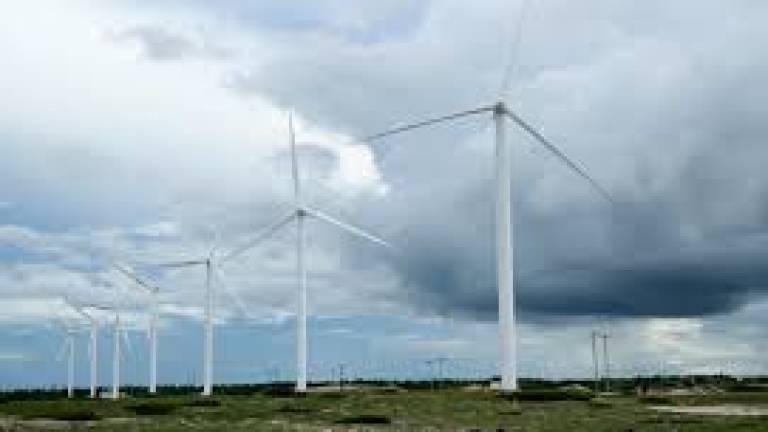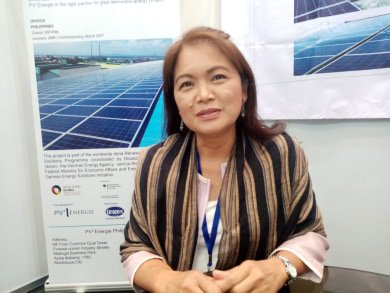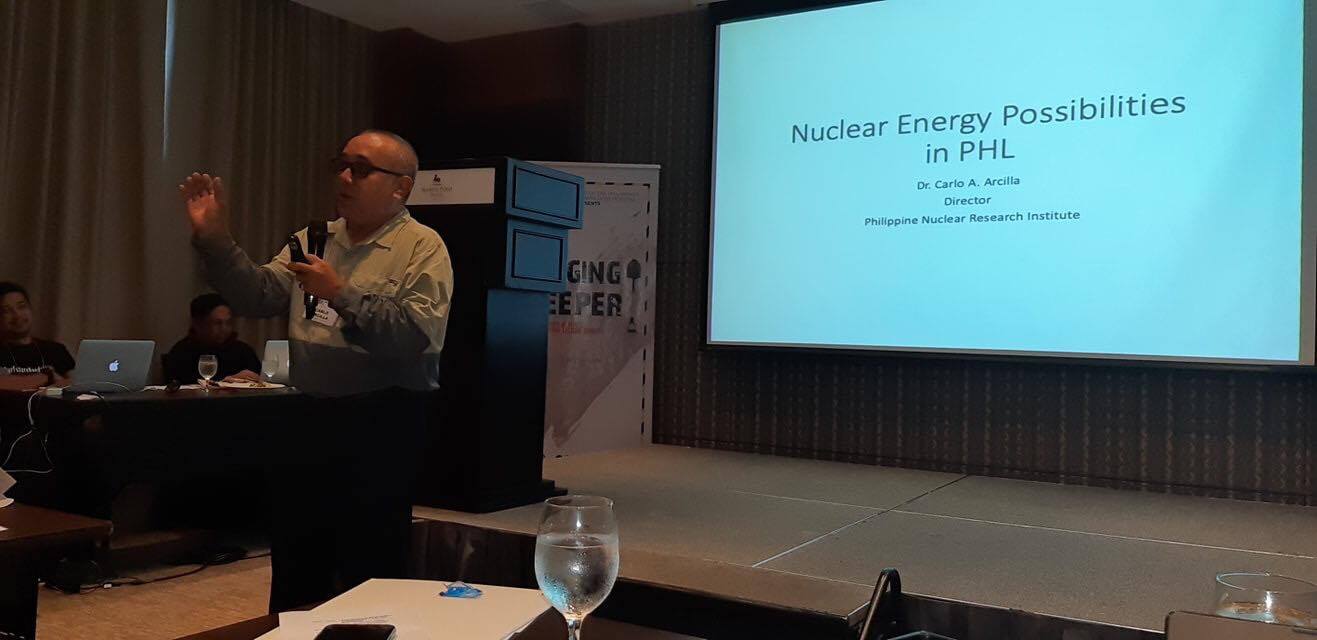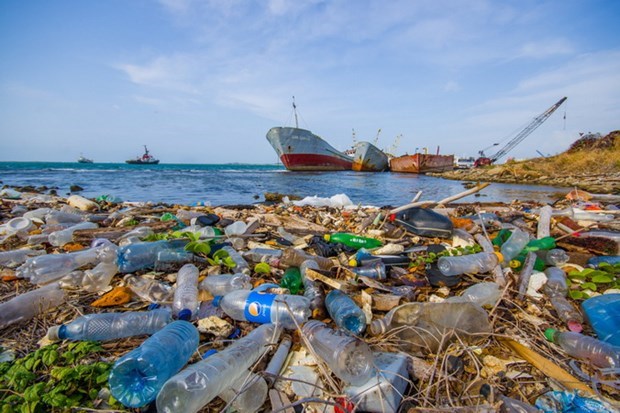- Coal
–
- Thailand
Thailand’s Charoen Pokphand Foods PCL (CP Foods) on Thursday announced a project to phase out coal usage from all its operations in the country in response to the UN sustainable development goals.
In a press release, the company also reported the progress of its sustainability goals and recent sustainability initiatives.
Agro Industrial Business CEO and CP Foods co-president Sooksunt Jiumjaiswanglerg said the company has a strong commitment to promote an eco-friendly supply chain, reduce its carbon footprint and promote sustainable energy in an effort to tackle global warming.
To put the commitment into action, the company recently announced its CP Foods Coal Free by the year 2022 initiative.
The project draws to call off coal use in the company’s business units in Thailand. It will significantly reduce Green House Gas (GHG) emissions by more than 70,000 tonnes of carbon dioxide equivalent (CO2e) per year. The same policy will be applied to its operations worldwide later on.
CP Foods will replace fuel source for steam boiler system from coal to biomass in four strategic plants, including CP Feed Mill Bangna KM.21, Nong Kae’s Aquaculture Feed Mill, Mahachai’s Aquaculture Feed Mill and Samutprakan’s Manufacture of Chicken Feather Meal and Dry Duck Feather Processing Plant.
Successful pilot
The transition towards more sustainable energy at the four plants is a result of a successful implementation in Ratchburi Feed Mill Production plant. The pilot plant is able to save seven million baht ($224,000) per year in costs and reduce GHG emissions over 10,425 tonnes CO2e after completely shifted to renewable source like Palm kernel shells and scrap wood chips.
CP Foods has taken many green initiatives for a better efficiency of its environmental management to help the company achieves its sustainability development goals 2025.
Within 2025, CP Foods pledges to reduce GHG emission by 25 per cent, overall energy consumption by 15 per cent, water consumptions by 30 per cent and waste disposal to landfill by 35 per cent against a 2015 baseline.
Last year, the company kicked off its “CP Foods’ Solar Rooftop” project to generate more than 40MW of electricity from solar power by installing rooftop solar panels on the roof of 34 plants nationwide, cutting GHG emissions by 28,000 tonnes CO2e per year.
It also announced successful results in increasing the proportion of energy generated from renewable sources to 25 per cent of Thailand’s Final Energy Consumption. As a result from using biogas to generate electricity, the company was able to reduce 322,000 tonnes CO2e.
For green innovations, CP Foods has developed a sustainable feed for pig, helping the company to reduce 41,000 tonnes CO2e per year.
The eco-friendly feed is currently used by the company’s operations in seven countries, including Thailand, Laos, Cambodia, Vietnam, the Philippines, China, Taiwan and Russia.
CP Foods is determined to develop sustainable packaging design based on the Circular Economy concept. The company made a commitment that 100 per cent of its packaging will be reusable or recyclable or upcyclable or compostable by 2025 for Thailand operations and by 2030 for overseas operations.
The company developed bioplastic trays made from natural renewable resources, namely Polylactic Acid (PLA), which is biodegradable. It was the first company in Thailand to use such trays in chilled raw meat products.
Last year, CP Foods reduce its production of PET trays by more than 3.9 million, or over 60 tonnes of plastic, which is equivalent to GHG emissions reduction of 132 tonnes CO2e per year. THE NATION (THAILAND)/ASIA NEWS NETWORK











